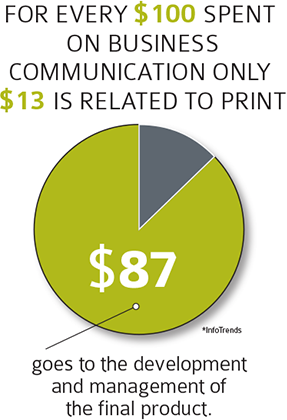Targeting is the foundation of any highly effective marketing campaign, but there are different ways to slice and dice your list based on your marketing goals. Here are four different ways to target your audience. Which approach might work best for your next marketing campaign?
1. Demographics.
Demographics such as age, gender, ethnicity, and household income are simple but effective to focus your messaging. For example, if you are selling jewelry, you might show different collections to different recipients based on household income. If you sell automobiles, you’ll select other vehicles for those just out of college versus those married with young children.
2. Lifestyle.
Lifestyle data pools target audiences based on shared interests, such as fitness and wellness, green living, or pet ownership. Two people who look very different demographically may both love dogs or snowboarding. There are many ways to get at lifestyle data, including magazine subscriptions and past purchases.
3. Life stages data.
Whether young or old, rich or poor, we face common life stages. For example, new parents deal with diapers, and recent college graduates need to furnish apartments. Retirees may be looking to downsize, travel, or invest in a lasting legacy. Targeting based on life stage is different from targeting based on age or generation in that two shoppers might be the same age but at very different stages in life. For example, one might still be single and living at home, while another might be married and with young children. Even though they are the same age, their needs and priorities will differ.
4. Past purchases.
We can infer a lot about someone based on what they buy. If they just purchased a new pool, they’ll likely be in the market for pool accessories, too. If they just purchased home improvement supplies, there’s a good chance they’ll be in the market for new appliances.
Want to learn more about any of these data types and how to develop campaigns around them? Let us jump in and help.



